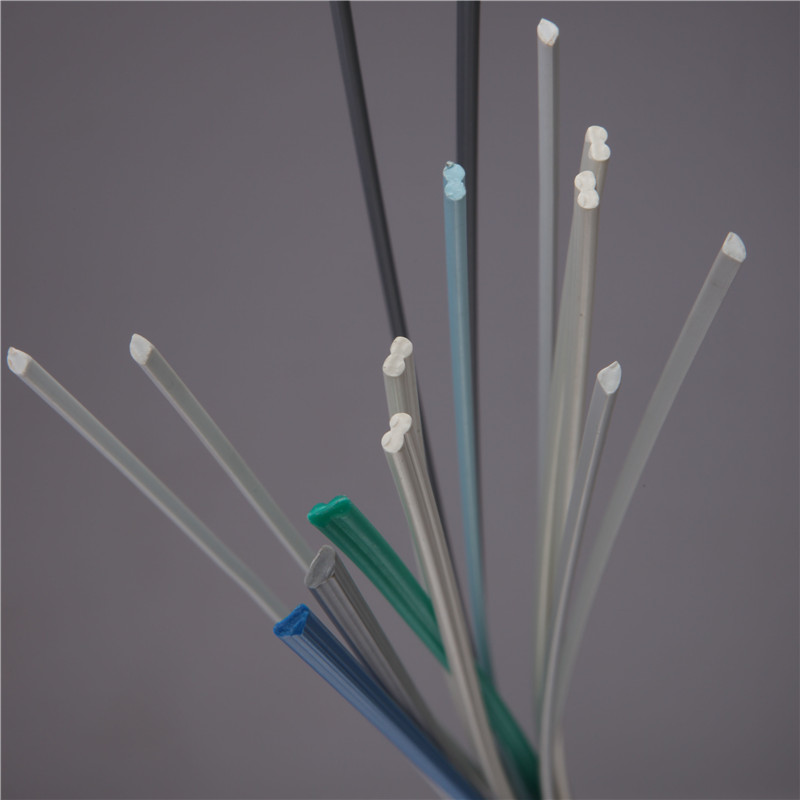Aug . 09, 2024 06:30 Back to list
Exploring the Properties and Applications of PP Fibre Masked Sheets in Various Industries
Understanding PP Fibre Masked Sheets Properties and Applications
In the realm of industrial materials, PP fibre masked sheets have emerged as a notable innovation, combining functionality and versatility. PP, or polypropylene, is a thermoplastic polymer known for its durability and resistance to various chemicals, making it an ideal choice for numerous applications. The addition of fibre enhances its structural integrity, enabling these sheets to cater to both commercial and industrial needs.
What are PP Fibre Masked Sheets?
PP fibre masked sheets are essentially composite sheets that consist of a polypropylene base reinforced with fibrous materials. These fibres can be synthetic or natural, depending on the desired properties of the final product. The ‘masked’ aspect refers to the protective layers or coatings applied to the surface, which can provide additional characteristics such as UV resistance, anti-static properties, or specific aesthetic finishes.
One of the most critical features of these sheets is their lightweight nature. Despite their robust construction, PP fibre masked sheets are lightweight compared to traditional materials such as metal or glass. This property makes them easier to handle and transport, which is a significant advantage in various applications, particularly in construction and packaging.
Properties of PP Fibre Masked Sheets
1. Durability The combination of polypropylene with reinforced fibres results in a sheet that is inherently strong and resilient. These sheets can withstand physical impacts and harsh environmental conditions, making them suitable for outdoor use.
2. Chemical Resistance PP is well-known for its resistance to many acids, alkalis, and solvents. Therefore, PP fibre masked sheets are often used in chemical processing environments where exposure to corrosive substances is a concern.
3. Moisture Resistance The non-porous nature of polypropylene helps these sheets resist moisture, reducing the risk of mold and mildew development. This property is particularly beneficial in areas with high humidity.
4. Thermal Stability These sheets can maintain their structural integrity across a wide range of temperatures, making them suitable for applications in environments that experience significant temperature fluctuations.
pp fibre masked sheet

5. Versatility PP fibre masked sheets can be easily customized in terms of size, thickness, and finish. They can also be printed on or coated with various materials to enhance their functionality or aesthetic appeal.
Applications of PP Fibre Masked Sheets
PP fibre masked sheets find applications across various industries due to their unique properties. Here are some notable uses
1. Construction In the construction industry, these sheets are used as wall panels, roof underlayment, and protective barriers. Their lightweight and durable nature makes them an excellent choice for both interior and exterior applications.
2. Packaging The moisture resistance and lightweight characteristics of PP fibre masked sheets make them ideal for packaging sensitive goods, including food and pharmaceuticals. They provide adequate protection while being easy to transport.
3. Automotive In the automotive sector, these sheets are utilized for interior panels, sound insulation, and protective coverings. Their ability to withstand varying temperatures and resist chemicals adds to their appeal.
4. Agriculture These sheets are also employed in agricultural settings, for instance, as protective covers for crops or soil. Their durability and moisture resistance aid in enhancing crop yield and protecting plants from harsh weather conditions.
5. Medical In the medical field, PP fibre masked sheets are used for surgical drapes and protective gear due to their sterile properties and chemical resistance.
Conclusion
PP fibre masked sheets represent a valuable addition to the family of engineered materials. Their combination of strength, versatility, and adaptability enables them to meet a broad spectrum of industrial needs. As industries continue to seek sustainable and efficient alternatives to traditional materials, the use of PP fibre masked sheets is poised for significant growth, highlighting the ongoing evolution of material science in response to modern challenges.
-
Durable PP Rigid Sheet: Lightweight, Chemical Resistant Solutions
NewsAug.21,2025
-
PVC Grey Sheet for Extraction: Chemical Resistant & Durable
NewsAug.19,2025
-
Durable PVC Pipe Fittings for Plumbing & Irrigation Needs
NewsAug.18,2025
-
HDPE Steel Belt Reinforced Spiral Corrugated Pipe | High Strength
NewsAug.17,2025
-
HDPE Pipe Fittings: Durable, Leak-Proof Solutions
NewsAug.16,2025
-
Premium CPVC Sheet: High-Temp & Chemical Resistant Solutions
NewsAug.15,2025

